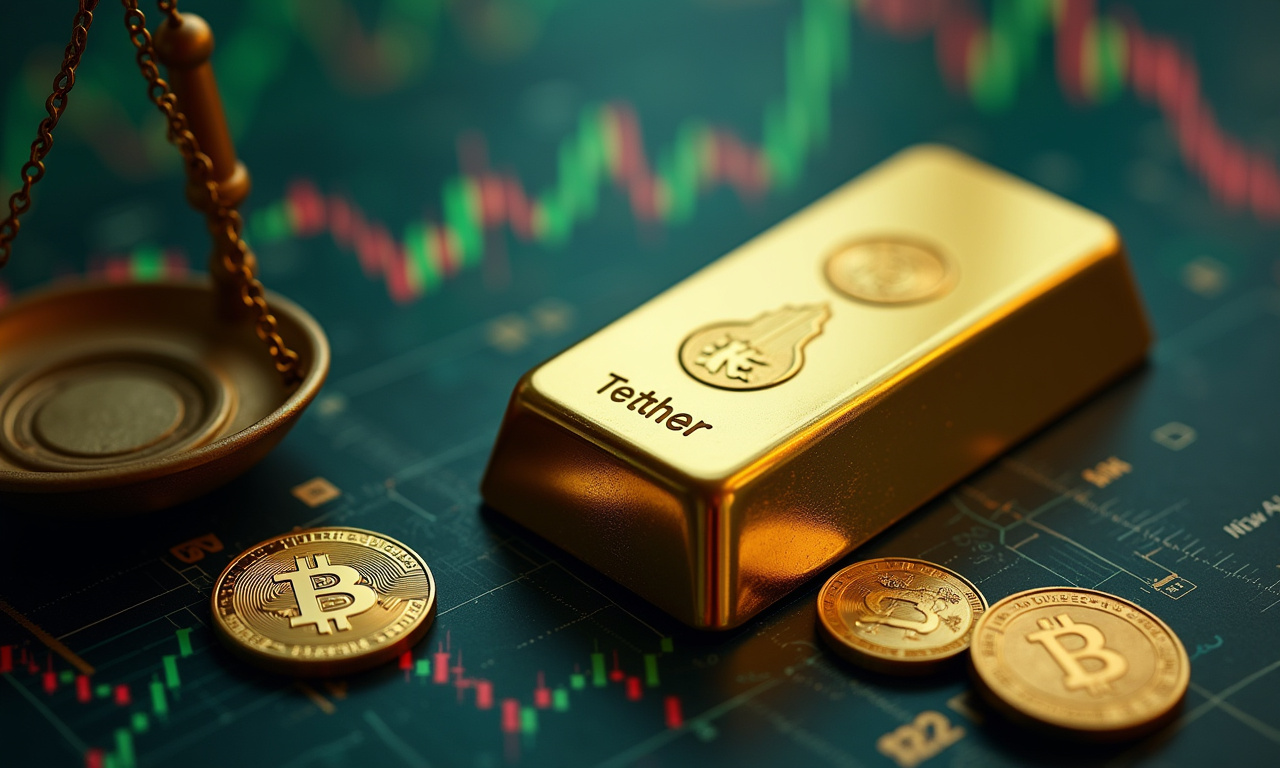Bitcoin's Calm Amid Chaos? The Market Psychology You're Ignoring Could Cost You

Bitcoin's been oddly…chill, hasn't it? Meanwhile the rest of the crypto market, and indeed the entire world, seems to be on the cusp of a major financial collapse. At the same time, Bitcoin price continues to hover consistently between R1 at $103,000 and R2 at $108,000. But don't let that fool you. This is not the strength that it might sound like, it may be the ominous calm before a somewhat larger hurricane.
Fear, Greed, and Geopolitical Games
Think of the Israel-Iran situation. Scary, right? Throughout history, as the world has gotten turbulent and volatile, people have rushed into Bitcoin as a “safe haven.” This time feels different. This isn’t merely panic-fleeing to safety, it’s a last-minute panicked rush for what looks like safety when everything looks shaky. That desperation, pushed by panic and fear, is exactly what can lead into a bubble. What we’re seeing is altcoins go down in price compared to Bitcoin. Ethereum, XRP and Ripple and other altcoins are crashing, but Bitcoin remains resilient. This isn’t wholesome support—this is a migration to the least-risky asset in an extremely risky asset class.
Their hawkish pivot, the unwillingness to telegraph upcoming cuts? And that’s sucking liquidity out of the market, putting pressure on everything – including crypto. It’s more, as the saying goes, like slowly tightening the noose around speculative investments. Makes you wonder what's next, doesn't it?
The unexpected connection here? It's the human element. We're pattern-seeking creatures. We observe the signs of geopolitical instability, we think of Bitcoin’s prior rallies, and we buy. But we can’t help but fail to ask the question, why did Bitcoin do so well? Was it true conviction in its future worth, or merely the least-worst alternative available given the circumstances? And is this situation truly comparable?
GENIUS Act, Or Regulatory Straitjacket?
Wait, the GENIUS Act, that bill regulating stablecoins, passed the Senate? Great! Supposedly. It provides certainty, increased consumer protection, and may open the door wider to institutional adoption. Here's the thing: regulation, while necessary, can stifle innovation. It's a tightrope walk.
Think about it like this: you're trying to build a revolutionary new car, but the government keeps adding more and more safety features. This is great for safety, terrible for speed and agility. We hope that the GENIUS Act can be a starting point to establish a framework for this responsible growth. It also risks becoming a regulatory straitjacket that suffocates the innovation it is intended to protect. The important thing is achieving balance, engagement with the crypto community, and a willingness to evolve.
This is why a centrist approach is so important. We’re going to need a light touch of regulation that protects consumers while still allowing for healthy innovation. We need dialogue, not dictation. The consequences of getting this wrong? A creativity exodus, with inventiveness escaping to friendlier pastures.
Ignoring The Echoes Of Past Mistakes
Remember the dot-com bubble? The housing crisis? What was the common thread? Pervasive hype, driven by speculation, hope and a premium on doing new and better things. We're seeing echoes of that now. The people are rushing into Bitcoin. They don’t understand its underlying technology or long-term potential, but they are terrified of missing out.
Over the last few days, liquidations have surpassed $230 million, largely wiping out long positions. Providing yet another brutal reminder of the inherent dangers of leveraged trading, this underscores the fundamental necessity of powerful risk management. These aren’t mere statistics; these are actual individuals with tangible financial losses as they did what many others did and jumped into the mania.
And let's not forget cybersecurity. As such, the attack on Nobitex should serve as a wake-up call. So long as mainstream crypto adoption continues, the more it represents a big, fat target. Exchanges should be required to take steps to protect sophisticated, high dollar proven security protocols, and regulators should be responsible to hold them accountable.
So, what's the takeaway? Don't be lulled into a false sense of security by Bitcoin's relative stability. Understand the underlying psychological forces at play. Be mindful of your own emotions. Do your research. And for heaven’s sake, never bet more than you are willing to lose. The market sentiment analysis is very helpful, but your own sentiment is more critical. For as we all know, your biggest market adversary is not volatility, but rather you.
Tags

Ava Thompson
Blockchain Market Psychology Editor
Ava Thompson explores blockchain and market psychology through an evidence-based yet human-focused lens. She bridges strategic thinking with direct, nuanced communication, and her work features a balance of in-depth analysis and relatable storytelling. Outside the newsroom, Ava is an avid urban gardener and street art enthusiast.
Related News

Altcoin Apocalypse? Why Bitcoin's Dominance Surge Should Terrify You
Forget the Lambo dreams. Forget the moon shots. So in the current state of things if you are a big holder of altcoins, you should be scared to death. Bitcoin’s recent dominance surge isn’t just a momentary spike, it’s a flashing red warning light. This does not indicate positive fundamentals...

Tether Gold (XAUt) Risks You Can't Ignore, and How to Navigate Them
XAUt, Tether’s gold-backed token, offers the glitter of gold with the convenience of crypto. Sounds great, right? Maybe. In the information age, the hunt for treasure has changed entirely. We no longer protect our treasures with maps and shovels, but rather blockchains and private keys. Before you begin this tech-driven...

Tether Gold (XAUt) is the Future of Gold Investment, Here's Why
Traditional gold is dead. Well, not dead perhaps, but definitely of on life support. Think about it: you're either lugging around heavy bars in a vault (and paying someone to guard them), or trusting some ETF to actually have the gold they say they do. That's your 'store of value'?...